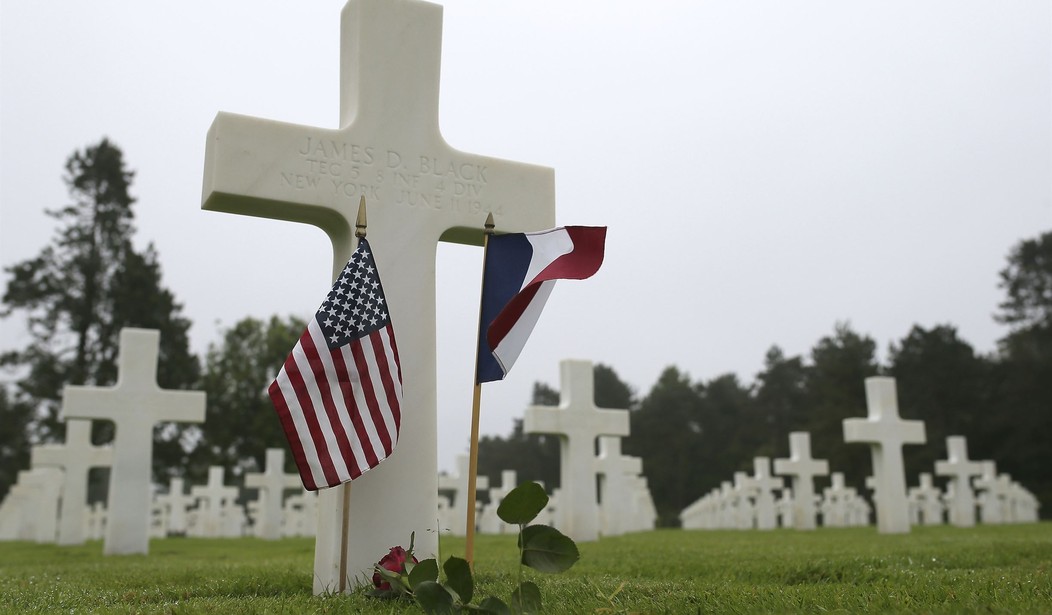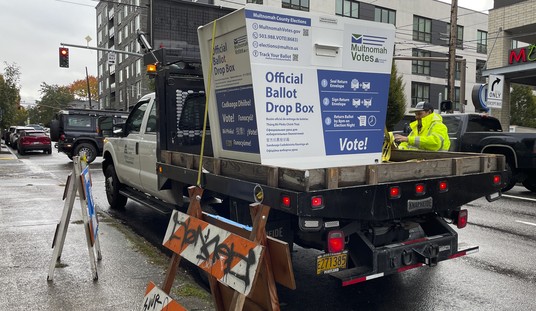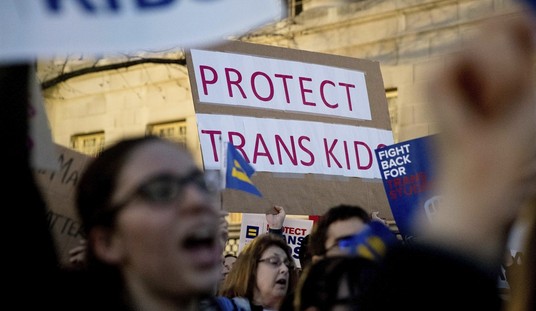Every combat veteran you know has a story of someone who didn't come back, even if you can only see it in their eyes. If you are a combat veteran, first, I'd like to thank you for your service, and, second, I won't ask you for your story. You'll tell it if and when you're ready to share it.
The section of Colorado's Highway 105 that runs through my little town of Monument, Colorado, in 2011 was dedicated to Medal of Honor recipient Master Sgt. William J. Crawford. Originally from Pueblo, then-Pvt. Crawford received the Medal of Honor posthumously — or so it was thought — "for conspicuous gallantry and intrepidity" during World War II in Europe. His father accepted the medal in 1944 on Crawford's behalf. Later that year it was learned that Crawford had been captured by the Germans and had not been killed in action.
Crawford went on to work at the United States Air Force Academy in Colorado Springs and made his home in Palmer Lake, here in the Tri-Lakes area where I live. In 1984, Crawford was formally presented with his Medal of Honor by President Ronald Reagan.
Crawford's story is only strangely appropriate today. I cannot imagine his family's relief when their "dead" son was liberated from a German POW camp. It's the kind of story so few families can tell, compared to those whose boys (and more than a few girls) never came home.
But I had to tell his story today, anyway, because our local pride for Crawford is a very real thing.
It's those thousands and thousands of personal tales that give Memorial Day its weight and meaning. When my friend Stephen Kruiser wrote in his Memorial Day Morning Briefing, "The solemnity of the day does hit me with greater impact as I get older," maybe you felt the proverbial ton of bricks the way I did.
By the numbers, nearly 1.4 million of America's servicemen and women gave their "last true measure of devotion." There are two remarkable things to understand, aside from the heavy weight of that almost unimaginable number.
The first thing you should know is that of our approximately 1,354,664 war dead, fewer than half died in combat or later of combat-related wounds. The rest died of all other causes — disease, exposure, accidents, etc. — and deserve to be remembered today just as much as the others do. They served. They gave all. And it shouldn't matter whether they fell to an enemy bullet or to one of those ordinary risks that become so elevated simply by serving during wartime.
The other remarkable fact is how that's changed. Our costliest war was the Civil War, with around 655,000 deaths — with combat deaths making up less than a third of the ghastly total. By World War II, a combination of medical advances and the care we take of our troops had switched that around. While the number of wounded was a terrible 671,000, combat deaths (292,000) outnumbered all other causes (114,000) by better than two to one. By the time of our wars in Afghanistan and Iraq, the ratio approached four to one.
As a nation we work very hard to save lives and, as best we can, to repair shattered bodies and souls. Few nations devote such effort.
But enough numbers.
Our fallen didn't serve so we could spend our lives moping. They served so that we could get on with the delightful business of living American lives. So hoist a glass, wipe a tear, grill some meat, and enjoy a beer.
I know that it isn't proper to wish someone a happy Memorial Day so let me say instead that I hope you spend it appropriately — and that there are at least a few smiles mixed in with all the rest.
Recommended: I Never Believed Biden Would Drop Out, But...










Join the conversation as a VIP Member